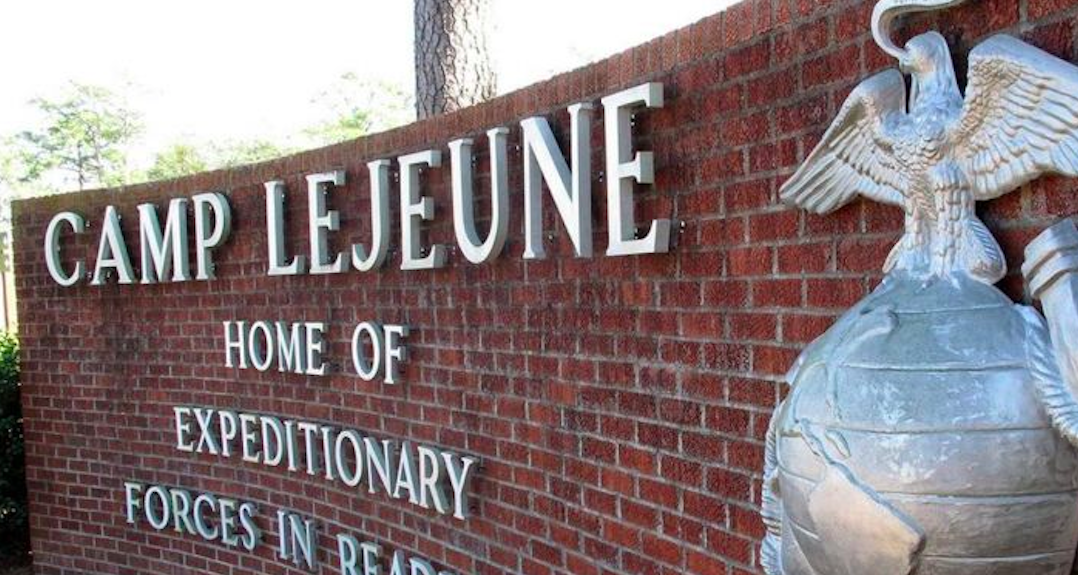In what the Department of Veteran Affairs (VA) is calling a “historic” benefit, veterans who were affected by toxic drinking water at Camp Lejeune in North Carolina over the course of decades, are going to be given cash payouts, a portion of $2 billion set aside by the government.
VA Secretary Bob McDonald, who’s serving his last week at the helm of the agency, said that the evidence is there: a “strong association” between contaminated water at the military installation and eight medical conditions.
Nearly a million service members were exposed to the toxicity.
“We have a responsibility to take care of those who have served our nation and have been exposed to harm as a result of that service,” said McDonald.
More from the Associated Press:
Beginning in March, the disability benefits may supplement VA health care already being provided to eligible veterans who were stationed at the Marine base for at least 30 cumulative days between Aug. 1, 1953, and Dec. 31, 1987. Veterans will have to submit evidence of their diagnoses and service information.
“This is good news,” said retired Marine Master Sgt. Jerry Ensminger, whose daughter Janey was born in 1976 while he was stationed at Lejeune. Janey died from leukemia at age 9. Ensminger now heads a veterans group, The Few, The Proud, The Forgotten, which advocates for those seeking disability compensation.
“This has been a hard, long slog,” said Ensminger, who argues the government must go further in covering additional diseases. “This is not the end of the issue.”
The new rule covers active duty, Reserve and National Guard members who developed one of eight diseases: adult leukemia, aplastic anemia, bladder cancer, kidney cancer, liver cancer, multiple myeloma, non-Hodgkin’s lymphoma and Parkinson’s disease.
It allows veterans to qualify for government disability aid based on toxic harm sustained while at a garrison, as opposed to a battlefield. In 2015, McDonald also agreed to award disability benefits for another category of veterans who weren’t on the ground, those who had developed medical conditions after exposure to Agent Orange residue on planes used in the Vietnam War.
What’s damning is that USMC leaders weren’t at all quick to respond at signs (first discovered during the 1980s) that the wells on the premises were absorbing poisonous leaks, via a local dry cleaner and nearby fuel tanks. It took the Ensminger family’s tragedy to spur legislators to pass a law, in 2012, designating free VA care to those affected. But, up until now, it hadn’t taken full effect — i.e. the money wasn’t yet there.
“It’s about time,” said North Carolina Senator Richard Burr. “These veterans put their lives on the line for our nation and they were negligently poisoned by the government.”




































